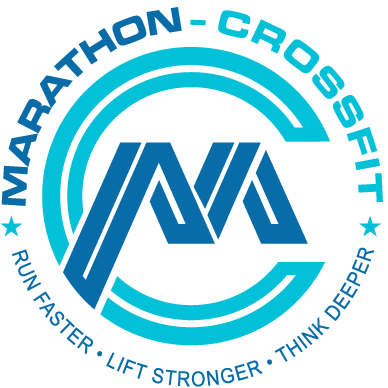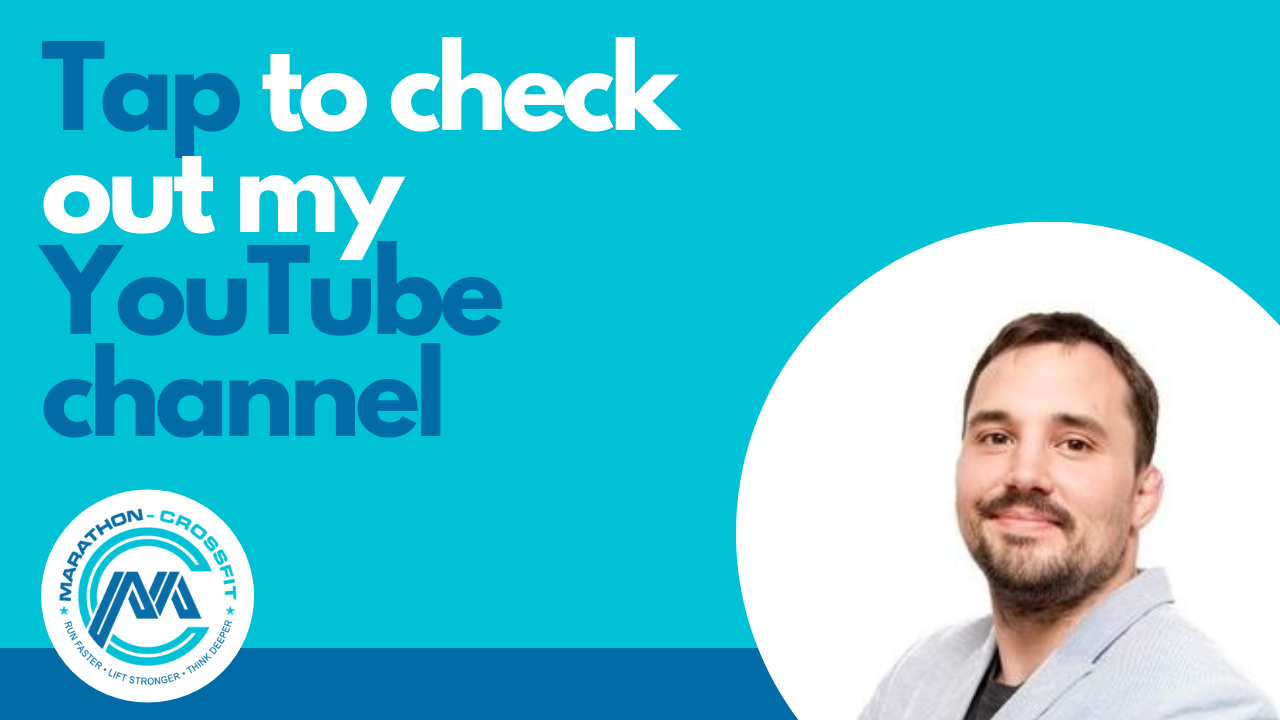5 books that made a profound impact on my life
Five books which had a profound impact on my life are tools of titans, Homo sapiens, bad Pharma, thinking fast and slow and the intelligent investor. Here is what I took away from each of them. These articles are based on prompts from the Edison and Wordsmith decks from best self to make my writing a little more personal.
Tools of titans
Tools of Titans was not the first book I have read from Tim Ferris. I started with him on the 4-hour workweek. I got it as a gift from my wife because she always wants me to work less. In all fairness, she got a point. When I read the 4-hour workweek I was not ready for it. I just read it and put it aside. After that, I gifted it to a coworker and never saw it again. What it did do was to raise my interest in Tim Ferriss. I currently own
-
The 4-hour body
-
The 4-hour chef
-
Tools of titans
The two books I currently do not have on my shelf are
-
Tribe of mentors
-
The 4-hour workweek
Tools of titans was the book that really got me into that journey of self-help and improvement. Since then I have been listening regularly to the Tim Ferriss podcast. Recently I started to listen to Tyrone Jackson’s podcast on stock trading. The main point I took away from Tools of Titans is that success is a whole lot more about mindset and discipline than capabilities and resources. If you want to change your life and reach your goals, I highly recommend you to immerse yourself in the world of Tim Ferriss for a year or two and do the assigned homework.
My first homework to you would be to get a self journal and start journaling.
Thinking fast and slow
Daniel Kahneman's book thinking fast and slow had a profound impact on me on how to think about making decisions. If you combine this read with the excellent book nudge you will understand better when and how your system 1 brain triggers and when you should swap to your system 2. Thinking fast and slow gives you the theory will nudge shows you the practical consequences of how the brain ticks.
The basic idea is that your thought apparatus divides into two systems, system 1 and 2. System 1 can be simplified into instinct. Your gut feeling about something on which you make split-second decisions. This is a great system on situations that you are very familiar with, have a lot of experience in and are quite inconsequential in the long run. Simple examples would be catching a ball or evading a car in traffic because you see it coming in the corner of your eye. Those are situations where you preferably do not rationalize your actions and just do it. Otherwise, you might get mowed down by a car.
System 2 is the part of the brain which kicks in when you start thinking about something. This happens when you sit down to plan the shopping or do a puzzle. Studying would also be a prime example. This is the process we go through when we absorb new information and form new habits and thought patterns. This is the system you want to continually activate when you learn a new skill.
System 1 is all about survival and easily overwrites system 2 when you do not take care. That is a great concept to keep us alive but is a recipe for Desaster in situations where we lack experience, feedback loops are delayed and the impact on our lives is very significant. Buying a house is one of the prime examples here. Most people will only get one mortgage in their entire life. The process is highly stressful, our experience level is poor and the consequences are far-reaching. Yet, we tend to decide this by gut rather than deliberation. Daniel Kahneman’s thinking fast and slow will make you understand why this is the case. Nudge will give you a lot of real-life examples so that you can identify them early and start to pause yourself and think before you act.
Bad Pharma
Bad Pharma changed completely how I think about the pharma industry and statistics. That big Pharma is evil is a commonly accepted stereotype which lends itself to some good television shows and movies. Just for balance, I think that Aspirin and penicillin do make the world better. As long as clinical trials are done professionally and with the best of the participants in mind, work away. I also understand that developing and testing new drugs is expensive and risky.
Now that the disclaimer is out of the way, Pharma companies play with lives and make huge profits on the back of it. What you find in Ben Goldacres books is absolutely terrifying and scandalous. When I read the book i got really angry. (Also due to the slightly grumpy style of Ben, understandable, given the topic at hand)
Since then I have mellowed a little and the main take away for me is about statistics. The main take away for me was that the results of a study are far less important than how the study was conducted and which sample was picked. I also learned about the importance of cross-checking studies from different sources. It was an eye-opener for a lot of other areas in my life like work, elections and the news.
Let’s work with an example to illustrate this. Let’s say I wanted to cure cancer and prove that I can by only giving people a spoon of sugar a day. I can “prove” this very easy in a poorly designed study. Don’t believe me? How about this:
-
Sample: Children with a very mild form of cancer, that we already know is curable
-
Let’s pick ten children
-
Wealthy parents
-
Access to the best medical centers
-
Study length is 2 months
-
The procedure of study: all known medical interventions are allowed
-
On top of this, we give the children one spoon of sugar each day
-
At the beginning of the study, all children are sick
-
In the end, all children are cancer-free
-
We declare that “sugar cures cancer”
Success, we have successfully proven that our intervention with a spoonful of sugar cures cancer. The newspapers will leap this story up and spread it like wildfire and people will start giving your children sugar left, right and center to prevent cancer. 10 years later the don’t have any teeth left. You think this is bullshit. Something similar to this is happening right now with vaccinations all over the world. The less we check the studies and just believe what is being fed to us the more likely crap like this will turn into common belief. What happened here?
First of all I picked a favorable sample to the outcome I wanted. Children or young adults are way more likely to recover from illness than senior citizens. As most sane or old people usually do not take part in clinical studies we already have a bias in the data.
The second thing I did was to pick a ridiculously low number of samples. In this instance ten. If I picked them all from the same family I could make it even worse. A small sample which is very homogenous is a very poor basis to extrapolate results to the heterogeneous total.
Points three, four and six violate the scientific principles of how to conduct an experiment. I further create a bias which is helping my desired result “sugar cures cancer” and muddy the waters by allowing any kind of intervention apart from sugar. Read the excellent book the signal and the noise to dig deeper on why these are pretty poor choices to make any kind of scientific statements.
I deem the study to be two months long. This is the equivalent of ending a game of monopoly when I throw a six for the first time. Especially when I know I am already behind in money and have no other way of winning the game. Remember, the one who conducts the study writes the rules.
In the end I proclaim that it is a scientific fact sugar cures cancer. I wear a white lab coat and use very complicated words to describe this study without having it cross checked by other institutions first. Social media will spread the message and people will stop going to the hospital to get the medicine which actually cures the ten children. Cadbury’s profits will soar and their bar “cancer crusher” is being swept of the shelves for decades. You think I am exaggerating? Read bad Pharma and you might think differently.
Homo Sapiens
Homo Sapiens has been writtten by Yuval Harari. This book take you through the major revolutions which have brought us here. Some of them were:
-
The cognitive revolution
-
The agricultural revolution
-
The unification of humankind
-
The scientific revolution
The cognitive revolution happened around 70.000 BCE years ago. The main point was that people started o be able to form common beliefs and myths which the. Translated into religion. If you have the same belief system you can start to collaborate and achieve something where the sum is greater tja its parts. Harari issues examples of early stone structures as proof.
The agricultural revolution happened about 10.000 BCE. While often seen in a positive light Harari takes an interesting twist on it. In his opinion the agricultural revolution it easier for people to get food, but their lives got a lot more miserable. What hit home with me was the example of a cow. Yes, it is being fed and grown as fast as possible and all basic needs are covered, but is living in a box that much better than roaming free on the plains. Cows, chickens and pigs have been very successful in an evolutionary sense as their DNA gets multiplied as human food. Is this how success should be measured? Harari even makes a compelling case that wheat manged to enslave humans.
On the unification of humankind Harari stress with Marx. No that doesn’t make him a communist. There are two parts to this. The analysis of capital and how it accumulates and which conclusions have to be drawn from it. Marx and Hariri agree that there is a tendency of consolidation that will ultimately cumulate into one big singularity of Riga used human beings. Looking at what is going on around us I would agree. The conclusions to be drawn differ and Hariri lays them out in the follow up book Homo Deus.
The scientific revolution started around 1500 AC. Hariri makes the point that we are now entering the era in which we are becoming gods. This is based on genetically engineering, Artificial Intelligence and the Internet. While he absolutely makes a point they are also not new. The idea of Frankenstein and Golems as some kind of man made monster that is out to get us is a fear that is thousands of years old. We are still around. Genetical Engineering is also not new. The old school approach on this is called breeding. It’s just slower and less efficient.
The two biggest lightbulb moments for me in this book were about wheat and talking about others behind their back.
The very idea that a plant can enslave humans was an interesting twist. The reason humans build houses and stayed in the same place was wheat, which gives them a les risky source of food (compared to killing animals) but makes their lives a lot more dull and their skill set not as broad. The idea of the house would not exist without agriculture making it necessary to stay in one place. Towns followed and urbanization makes people depressed nowadays so that psychologists have a field day.
I would usually have considered talking behind someone’s back as very bad taste. Hariri explains how this is an essential part of organizing bigger groups up to 150 people. If people always had to be present or part of the conversation about them you would get nothing done. This is where a common belief system supports the social structure to get things done and progress as a group into a town or even a nation. That was a real eye opener and different way of thinking about my little world.
The intelligent investor
The intelligent investor is the book which summarizes the tips and approaches for investing of Warren Buffet. This book first introduced to the concepts of passive and active investing. It also taught me a lesson of wanting to be clever. Usually not the greatest idea in the world as it is more likely to fall flat on your face.
The most me oracle line for me was that you want businesses which are so easy to run that even a ham sandwich could do it. A toll bridge for example is a great way of collecting revenue.


